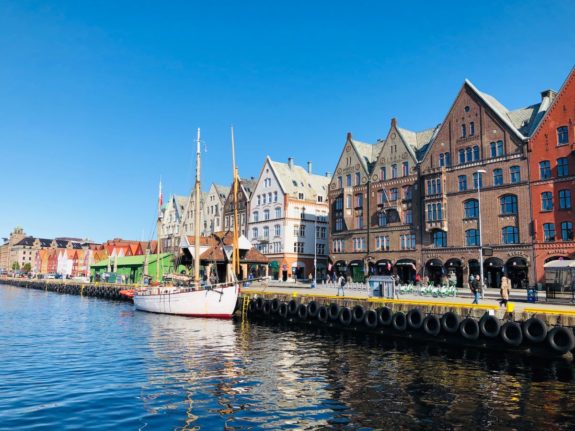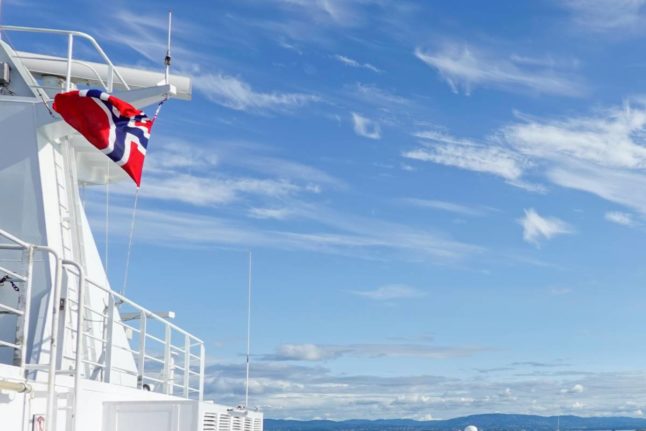The Conservative Party in Oslo will begin talks with other parties on Tuesday morning after performing strongly in the local elections on Monday.
A right-wing bloc of the Conservatives, the Liberal Party, the Progress Party and the Christian Democratic Party secured a majority of 31 seats in the capital, Monday night’s results revealed.
Meanwhile, the parties that had run Oslo City Council for the previous four years, the Labour Party, the Socialist Left Party and the Green Party, only managed to secure 23 seats.
How the Conservative-led city council will look has yet to be finalised, and as the Liberal Party has said, it is “problematic and unlikely” that they sit on the same city council as the hard-right Progress Party. The Progress Party and Green Party also appear unwilling to work with one another.
It means a minority local government will again be in charge of the Oslo City Council. Current city council leader Raymond Johansen had previously said he will call time on his political career if he loses the election.
While a Conservative-led city council looks the most likely outcome, and their mayoral candidate, Eirik Lae Solberg, declared an election victory in the early hours of Tuesday, the new city council will not be formed until later in the autumn.
The Labour Party sunk to its lowest share of a vote in any local or national elections in Bergen since 1945. While it means the Conservative Party will likely take over the city council, it is unsure which parties it will rely on to do so.
Combined with the Progress Party, the Liberal Party and Christian Democratic Party, the Conservatives would have 31 seats. This is still three short of the number required to form a majority. Therefore, the party will be required to sit at the negotiating table to get the majority.
The Conservative Party candidate for city council leadership, Christine Meyer, may have to offer to scrap the controversial extension to Bergen’s light rail service in order to try and get the required majority.
This is because some of the parties she may have to work with are opposed to the extension of the Bybanen service, meaning the debate about the scope of expansion may continue for years to come.
Current city council leader Rune Bakervik said to public broadcaster NRK on Tuesday morning that his Labour-led council would step down.
In Trondheim, the results were still neck and neck on Tuesday morning.
Neither the Conservative, Knut Ranum, nor Labour, Emil Raaen, candidates had declared an election victory at the time of publication.
Labour was currently closest, with the party, the Socialist Left Party, Red Party, Green Party and Centre Party combining for a majority of 34 seats.
Playing the role of kingmaker is the Centre Party, which refuses to work with the Red Party.
Should the Centre Party instead choose to support a right-wing bloc, then the Conservative Party, the Liberal Party, the Christian Democratic Party, the Pensioners Party, the Industry and Business Party and the Progress would be able to secure a majority if all decided to work together with the Centre party.
In Kristiansand, a Conservative-led bloc consisting of the Progress Party, Christian Democratic Party, the Liberal Party and Centre Party was set to take over. A Labour-led bloc will need to invite others parties to remain in power in Tromsø. and in Stavanger there is a right-wing majority.



 Please whitelist us to continue reading.
Please whitelist us to continue reading.
Member comments